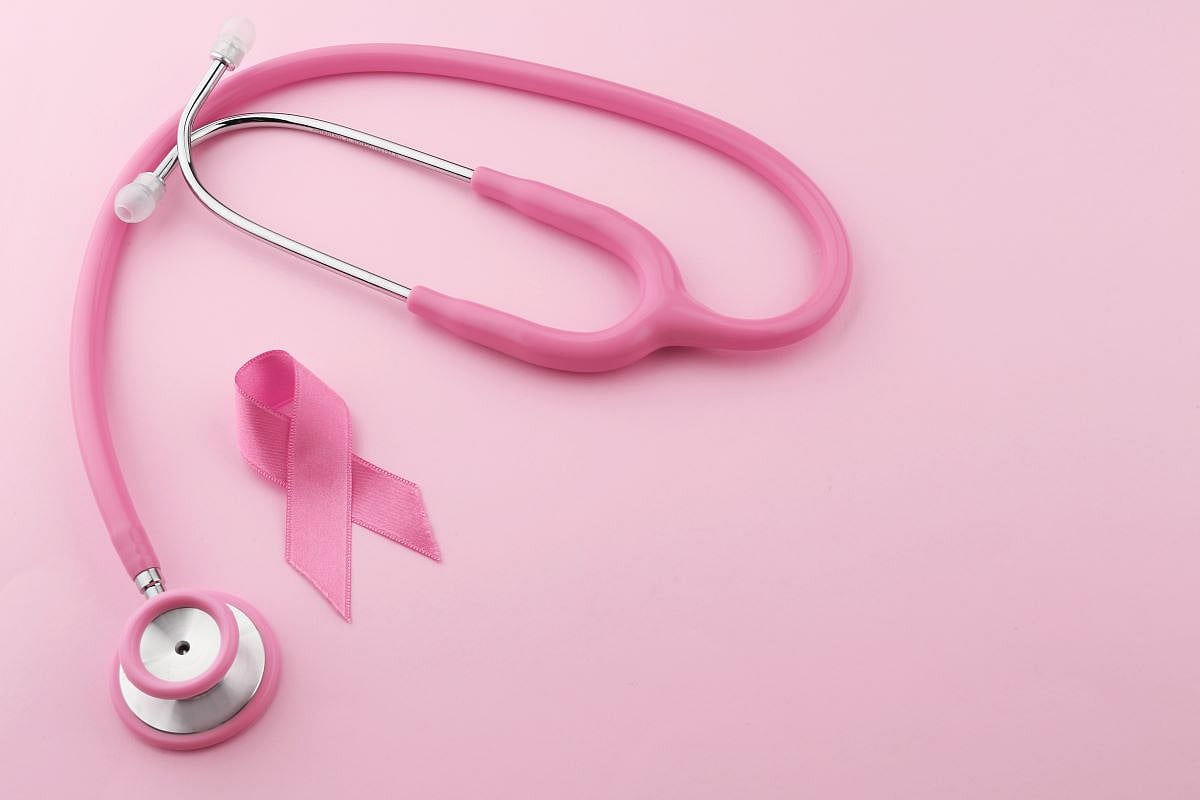Get Healthy!

- I. Edwards
- Posted June 9, 2025
Celebrity Diagnoses Underscore Rising Breast Cancer Rates in Young Women
More young women in the United States are being diagnosed with breast cancer and several celebrities have helped raise awareness by sharing their stories.
Singer Jessie J, 37, said last week that she has early-stage breast cancer and will have surgery this month. “Bachelorette” star Katie Thurston, 34, is documenting her treatment for stage 4 breast cancer. Actress Danielle Fishel, 43, also shared her diagnosis last summer, NBC News said in a new report.
The rise in cases reflects a national trend. Between 2012 and 2021, breast cancer rates rose 1.4% each year in women under 50, compared with 0.7% each year in those 50 and older.
Rates have increased across all racial and ethnic groups, especially among Asian American and Pacific Islander women under 50. Their breast cancer rates have jumped nearly 50% since 2000.
Black women are more likely than other groups to be diagnosed with breast cancer before age 40, and they are also more likely to die from the disease, NBC News said.
Routine mammograms usually start at age 40, and younger women are rarely screened unless they’re at high risk — such as those with a family history or certain genetic mutation.
Doctors say this delay in screening can make it harder to catch breast cancer early, when it is easier to treat.
“The thought was always, if you had a change in your breast but you were a young woman, it was probably nothing,” said Dr. Rani Bansal of Duke University School of Medicine. “As we’re seeing more and more younger women get diagnosed … we need to take these cases seriously.”
Symptoms to watch for include lumps or nipple discharge.
Dr. Oluwadamilola Fayanju, chief of breast surgery at Penn Medicine, said her youngest breast cancer patient was just 17.
She said young women should consider getting care at a clinic that specializes in breast imaging.
Experts suspect many factors may play a role, including:
Hormones
A diet high in processed foods
Obesity
Increased alcohol use
Exposure to harmful chemicals
Environmental toxins like BPA and Teflon have been widely used for decades. Researchers are now studying how those early exposures might raise cancer risk later on, NBC News reported.
Some studies suggest that chemical hair straighteners — often used by Black women — may increase breast cancer risk, possibly by affecting hormones in the body.
Delaying childbirth may also play a role. Women who have babies later in life are more likely to develop postpartum breast cancer — cancers that appear within five to 10 years of giving birth.
Each year, about 18,000 U.S. women are diagnosed with postpartum breast cancer, said Dr. Virginia Borges of the University of Colorado Cancer Center.
Younger women are more likely to be diagnosed with triple-negative breast cancer, a fast-growing type that has fewer treatment options.
Even though overall survival rates are improving, Borges said breast cancer diagnosed before age 35 often spreads more easily. Doctors are still trying to understand why.
“We need more data to better tailor our treatments towards younger women,” Bansal added. “A lot of the studies that are done are in older women.”
Experts suggest that women who are at higher risk begin screenings as early as age 30. This may include yearly mammograms and breast MRIs.
More information
The American Cancer Society has more on breast cancer screening guidelines.
SOURCE: NBC News, June 8, 2025





